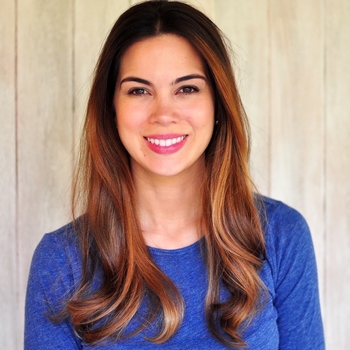Dr. Tani
Dr. Tani is a Board Certified Clinical Child and Adolescent Psychologist who received her PhD in School Psychology from Texas A&M University in 2010. She is a Licensed Specialist in School Psychology (LSSP) and a Nationally Certified School Psychologist (NCSP). Her main area of expertise is in work with youth from early childhood to emerging/young adulthood.
Dr. Tani has worked with youth and their families for over 15 years in a variety of settings, including school, clinics, and in private practice, delivering evidence-based assessment and treatment/therapy, and conducting formal psychological, ADHD, and autism evaluations.
With a focus on prevention and early detection and intervention, Dr. Tani offers presentations and trainings on a wide range of topics, including practices that help foster children's emotional literacy and that promote self-regulation and emotional health across the life span.
In addition to working directly with children, Dr. Tani meets with parents to promote the parent-child relationship and to address child emotional and/or behavioral concerns. She offers coaching to parents to reduce disruptive behavior in hyperactive preschoolers and in children with autism spectrum disorder. Dr. Tani also offers Supportive Parenting of Anxious Childhood Emotions (SPACE), an evidence-based intervention model that aims to treat problematic anxiety in young people of all ages via parent coaching.
In addition to her clinical practice, Dr. Tani provides supervision to advanced level doctoral practicum students, and provides expert witness testimony and consultation services to litigants. As an expert, she authors reports of her findings and conclusions, and provides testimony in depositions, and in state and federal court.
Dr. Tani is Past President of the Brazos Valley Psychological Association (BVPA) and is current Chair of the Division for Children, Adolescents and School Psychology of the Texas Psychological Association (TPA).
Committed to evidence-based practice, Dr. Tani's overall methodology can best be described as research-informed.

Sophia Tani, Ph.D, ABPP, NCSP, LSSP
Licensed Psychologist
